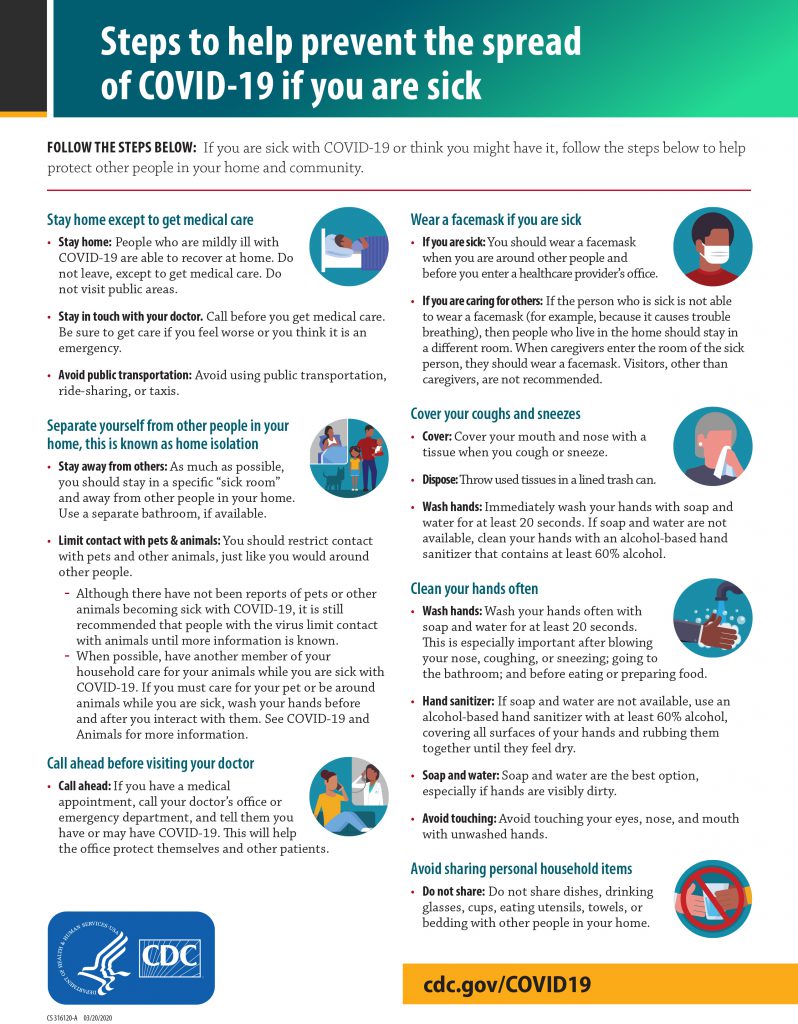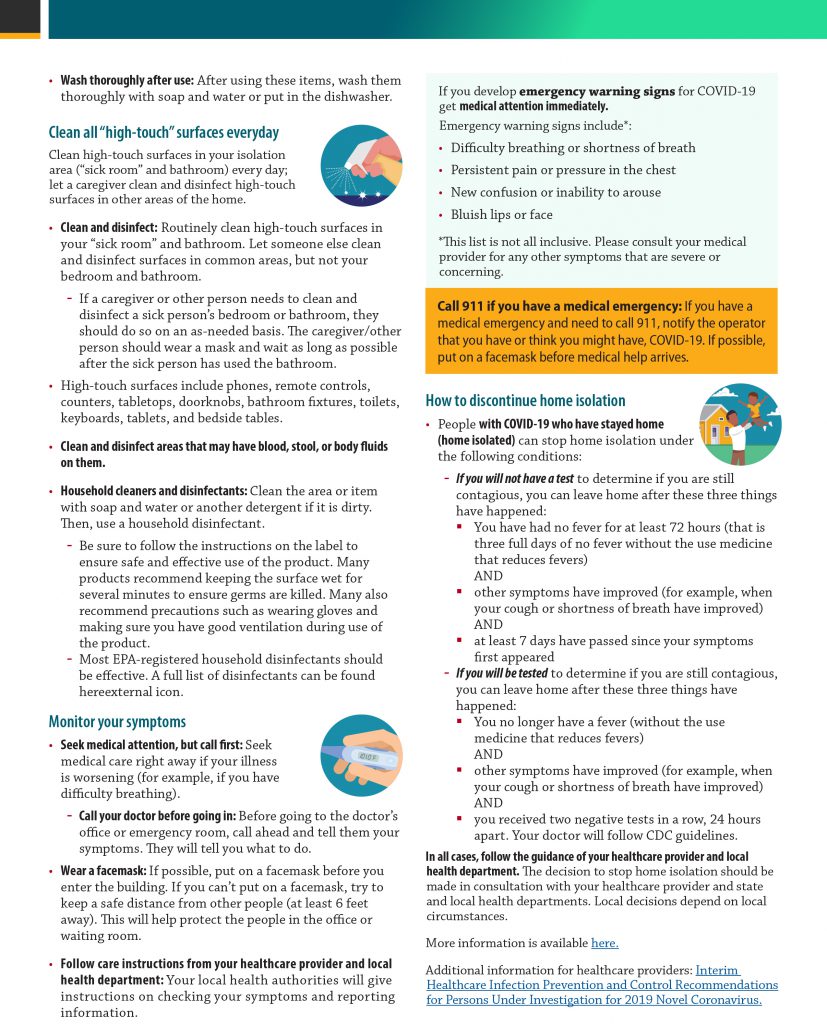Slam on the Spring Brakes!
Spring brakes are more of a reality than breaks this year as communities and the nation continue to grapple with the latest news regarding COVID-19. Instead of trips to sunny destinations or a long weekend away, students and workers alike are hitting the brakes on most activities and staying home. As more positive COVID-19 test results surface in our state, I believe it is critically important that every Missourian do their part by practicing social distancing and using common sense.
The governor has been providing statewide updates nearly every day as he and his office receives new information. On March 21, the governor directed the Department of Health and Senior Services to issue an order calling for every Missourian to practice social distancing. In accordance with guidelines issued by the president and the Centers for Disease Control and Prevention (CDC), the order calls on Missourians to avoid social gatherings of more than 10 people. The order also calls on Missourians to avoid eating at restaurants and bars; however, it does allow individuals to utilize drive-thru, pickup or delivery food options. In addition, the order requires Missourians to avoid visiting nursing homes, long-term care facilities, retirement homes and assisted living homes, unless they are providing critical assistance at one of these facilities.
Other state departments are also working to lessen the virus’ burden on our state. The Missouri Department of Revenue has extended the deadline for filing income taxes and renewing licenses. Taxpayers now have until July 15 to file, and driver’s licenses and vehicle registrations that expire in March or April have been given an automatic 60-day extension for renewal.
The Missouri Department of Mental Health has also responded by making a toll-free “Disaster Distress Helpline” available 24/7 to provide free counseling services to those impacted by or experiencing trauma from COVID-19 or other disasters. Dial 800-985-5990 or text “TalkWithUs” to 66746 to connect to confidential counseling or other support services.
On the national level, Congress is still negotiating a broad-ranging relief package that attempts to provide assistance to everyday Americans, while also providing critical assistance to our country’s health care professionals. I hope they can come to an agreement soon, because we must connect our health care industry and our country’s high-risk populations with the resources they need to help address the spread of the COVID-19 virus.
The CDC continuously updates their website with the latest information on all aspects of this outbreak. They have recently added a fact sheet to explain what to do if you or someone in your home has the virus.
 |
 |
Focus on the Positive
Although the list of “don’ts” seems to keep growing, there are still many things you can do!
- Hone your self-care skills. Your mental health and well-being are important too!
- Donate blood if you are healthy.
- Write letters to our military service members who are serving abroad and thank them for their service.
- Patronize local restaurants by ordering food “to go” or using their drive-thru lanes.
- Purchase gift certificates from local businesses and pay electronically or by phone.
- Complete your 2020 Census
- Check-in with your elderly or disabled neighbors.
- Bake delicious treats for your loved ones.
- Get some exercise! There is an abundance of free workout videos available online.
- Research places to volunteer in your community when the pandemic ends.
- Plant a garden. Some seeds and plants can weather cold nights and light frost.
- Develop a gratitude attitude. We are a blessed community, and we have much to be thankful for, even during trying times.
Comprehensive COVID-19 Resource Guide
My team is developing a comprehensive resource guide that will be posted on my Senate webpage soon. It will contain links to all of the latest information on the Coronavirus and contact information to local resources in our community.


